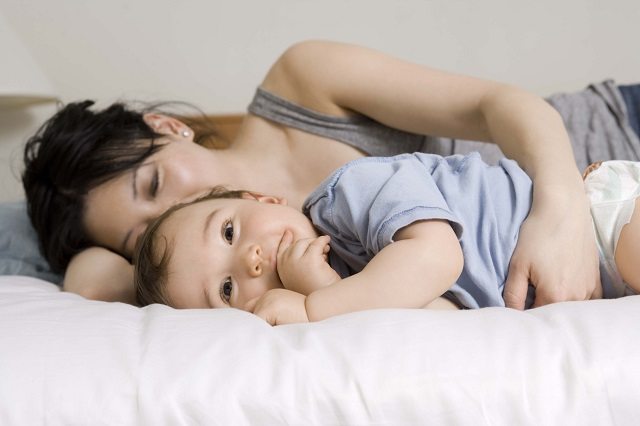Data released in the UK today has found there is a definite decline in the number of stay at home mothers with just one in ten a full-time mum. The study found the number of stay-at-home mothers dropped by a third in 20 years to a record low. It also reports just over one man in 100 brings up his children full-time.
The most recent research in Ireland into mothers returning to work was released in July 2013 as part of the Growing up in Ireland National Longitudinal Study of Children.
The research found that relatively few mothers in Ireland returned to work before the infant was six months old. More specifically:
• Early returns (before 6 months) were more likely to be by self-employed mothers, young mothers or lone mothers.
• Those who returned in the 8-9 month period were more likely to be highly educated, older, Irish and mothers living in a couple.
• Those who had not yet returned at nine months tended to be low-educated mothers, and either very young or older mothers, and lone mothers.
• Highly educated mothers were more likely to return to work than low-educated mothers, but only when paid leave had ended.
• Mothers of three or more children were much more likely to have been out of the labour market prior to childbirth, and their employment rates at nine months were lower than those with one or two children.
Mothers most often cited financial reasons as the main reason for returning to work, though other reasons, such as getting out of the house and career reasons, also played a role.
Almost all mothers working before childbirth took paid maternity leave; a smaller proportion also took unpaid leave, and these tended to be more privileged in terms of income and education. Relatively few mothers returned before 6 months, and a significant proportion returned to work at 6 – 7 months.
This suggests that in Ireland, as in other countries, the duration of paid maternity leave plays a strong role in mothers’ employment patterns after childbirth. Just under two-in-five infants (39 per cent) were in regular non-parental childcare at nine months of age.
Following the pattern of return to work, most children started non-parental childcare around six months of age; at nine months, the majority (62% of those in care) were in care for less than 30 hours. Use of non-parental childcare for infants at nine months was closely related to mothers’ employment. Even accounting for this, family income also played a salient role, with higher-income families more likely to use childcare. Infants from larger families were also less likely to be in non-parental care: this is also likely to be related to cost.
To see the findings in full click here









